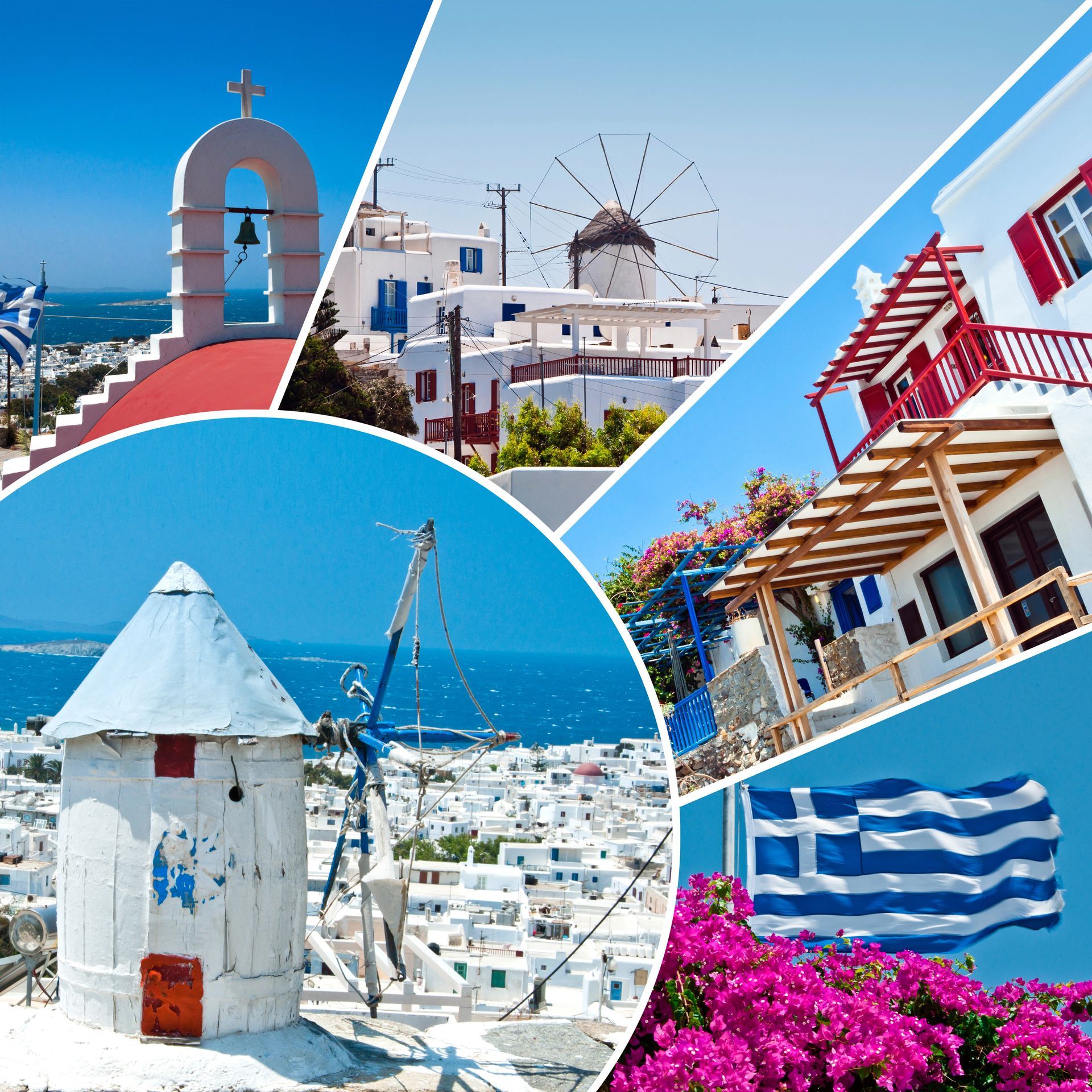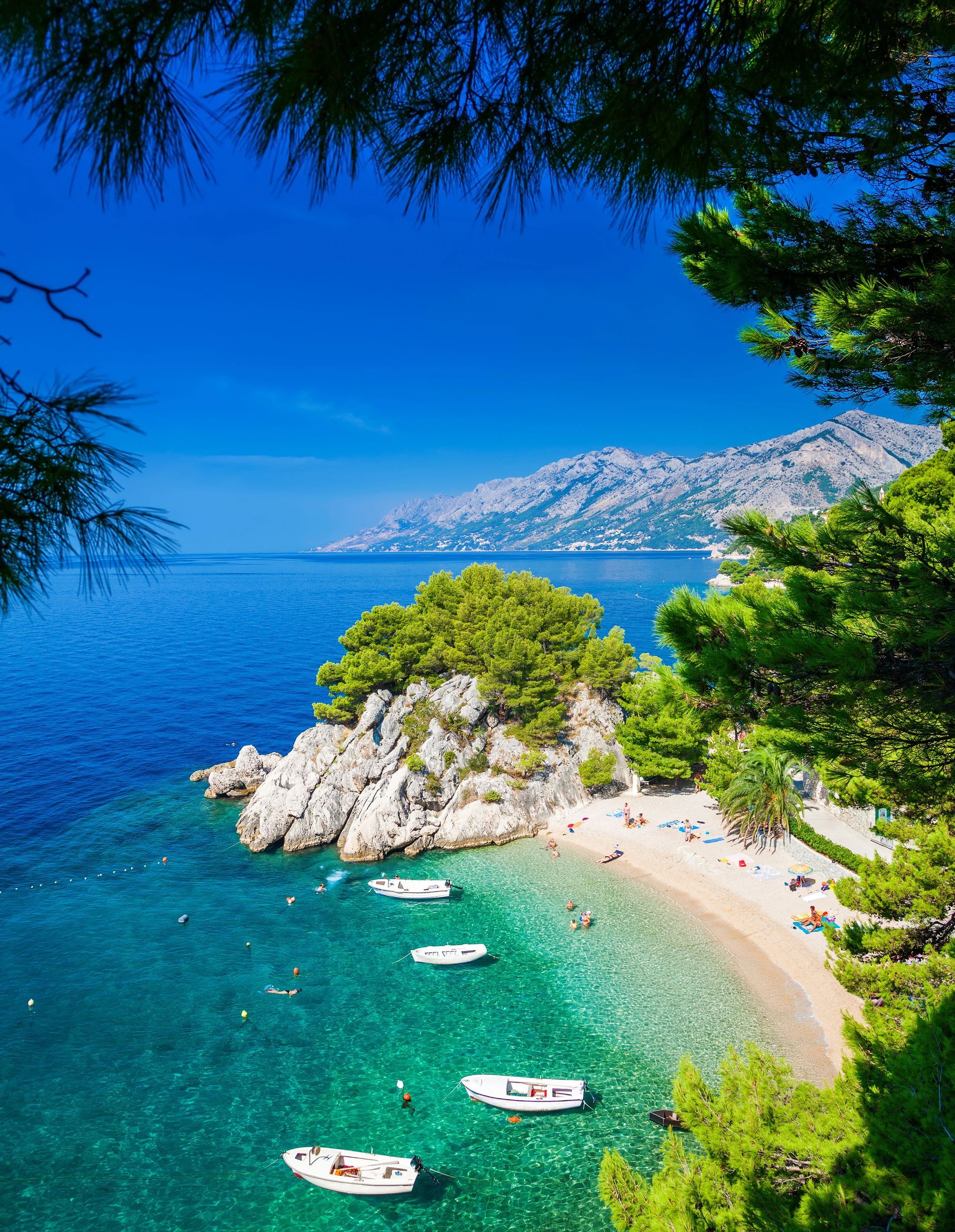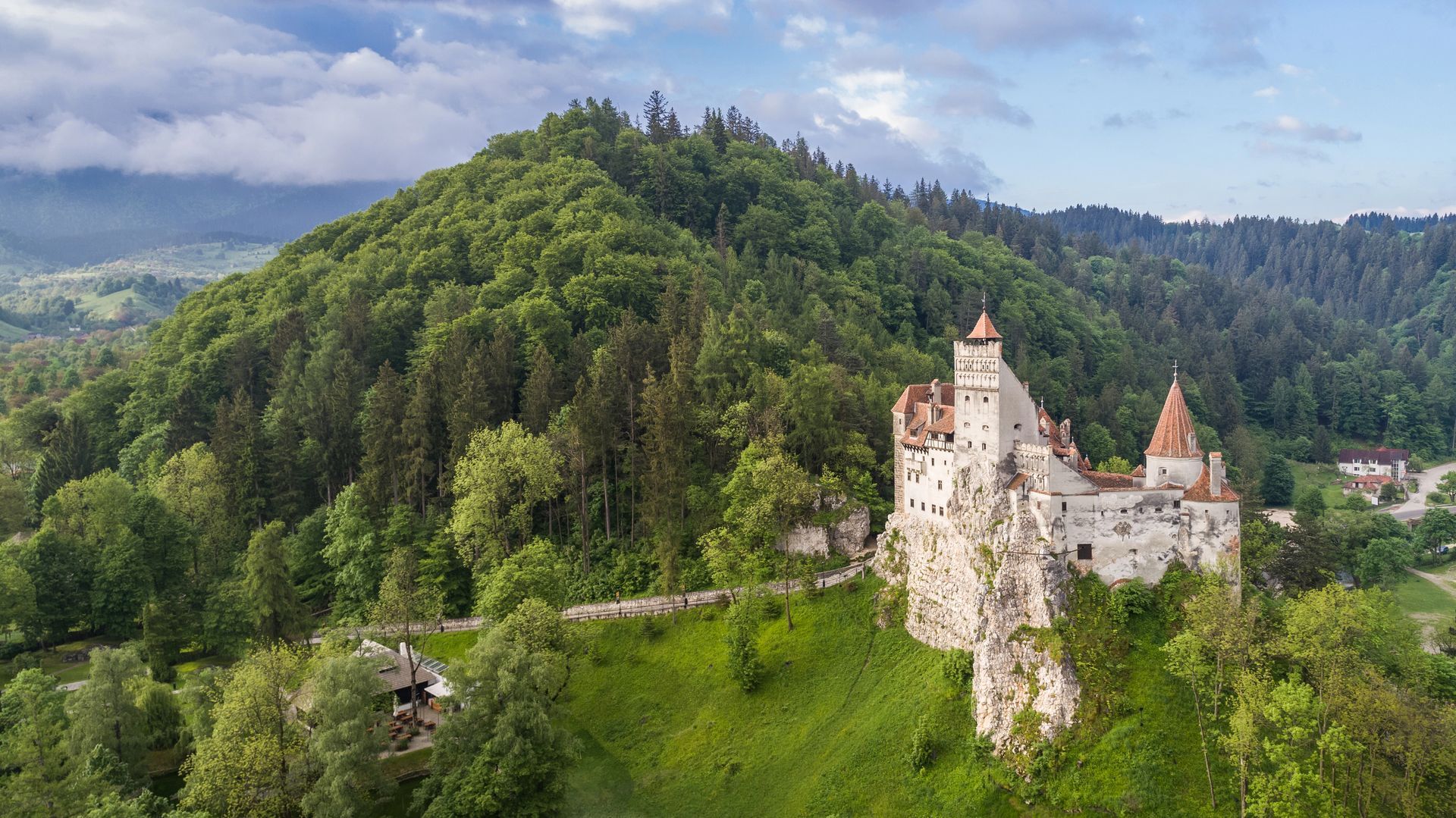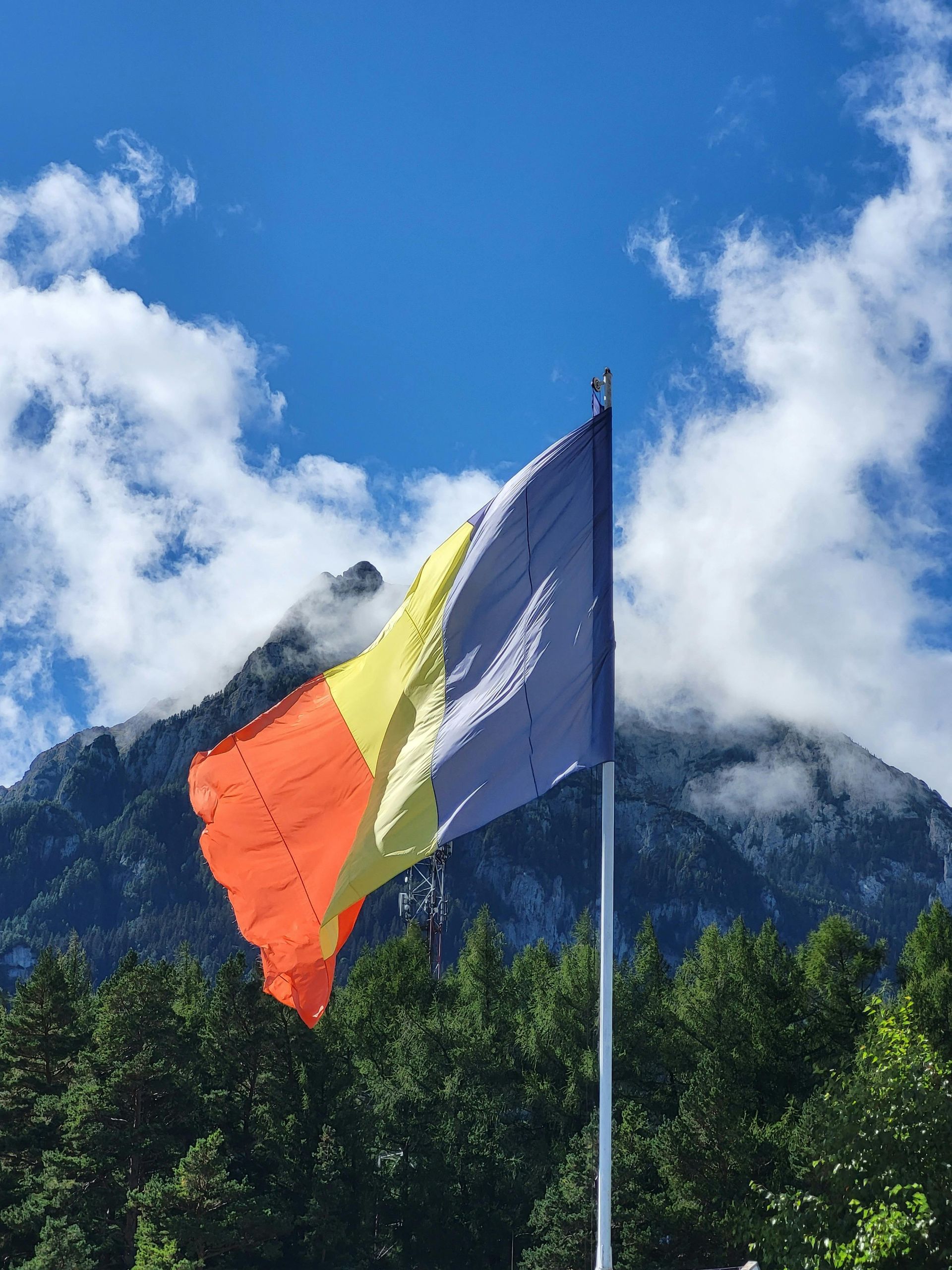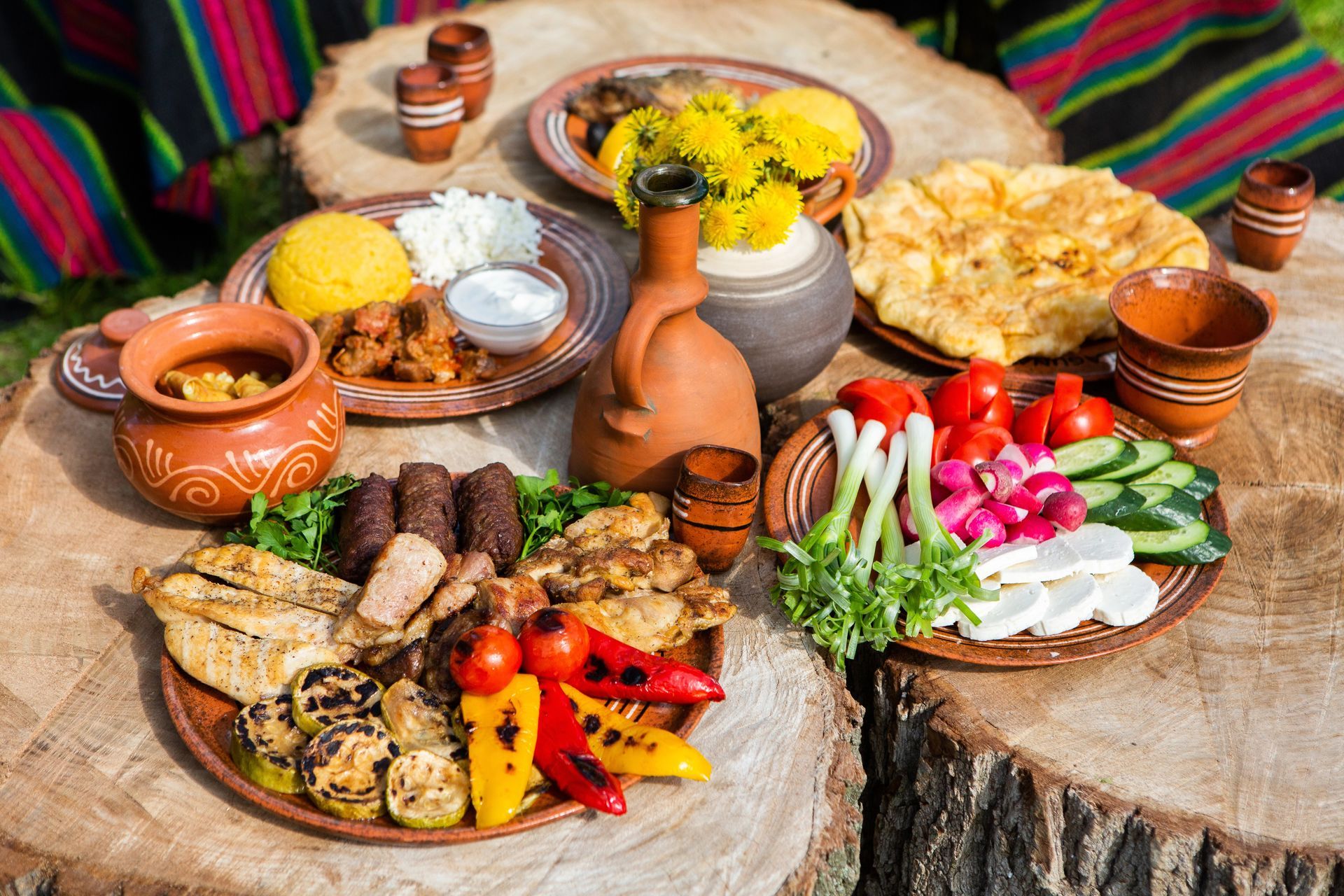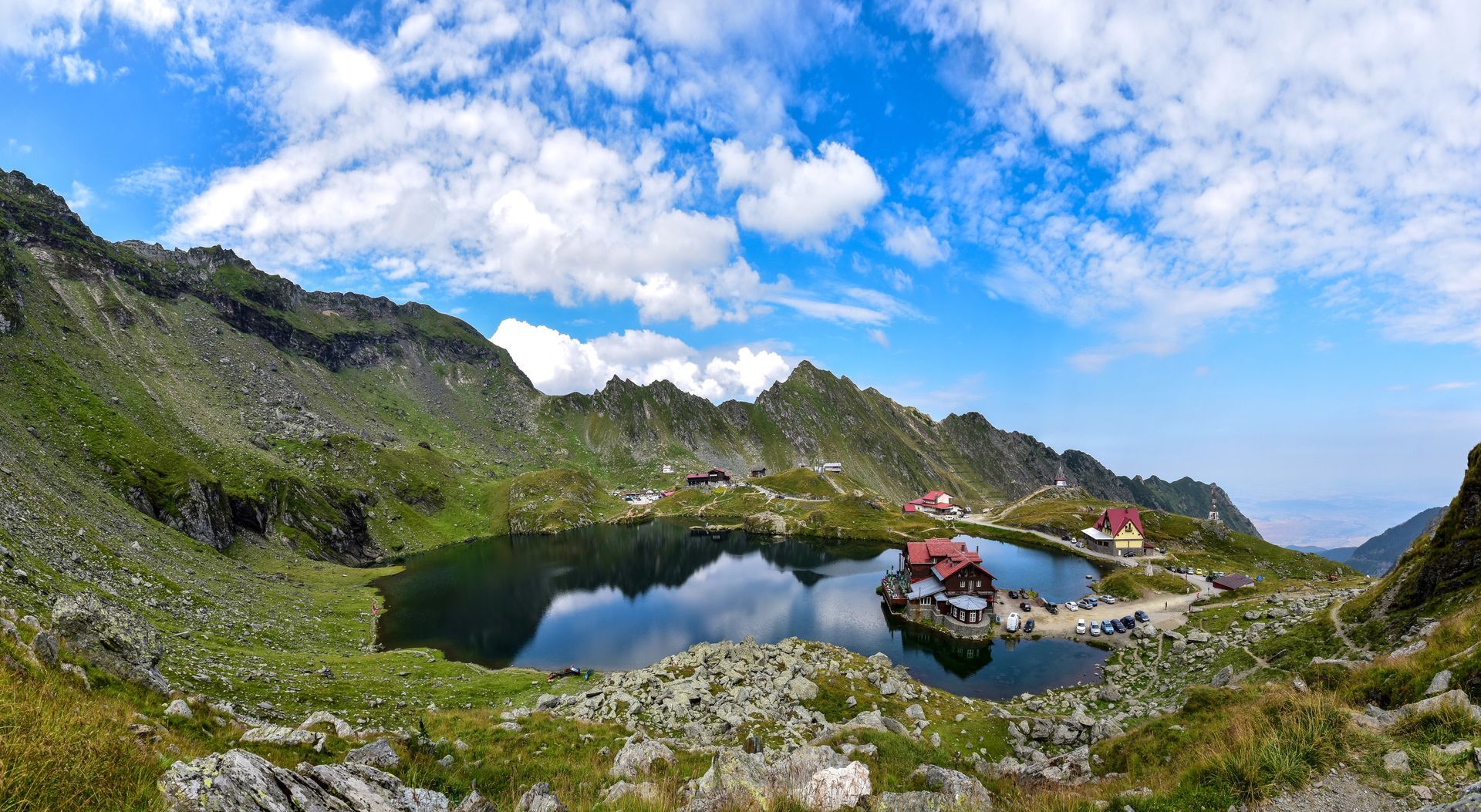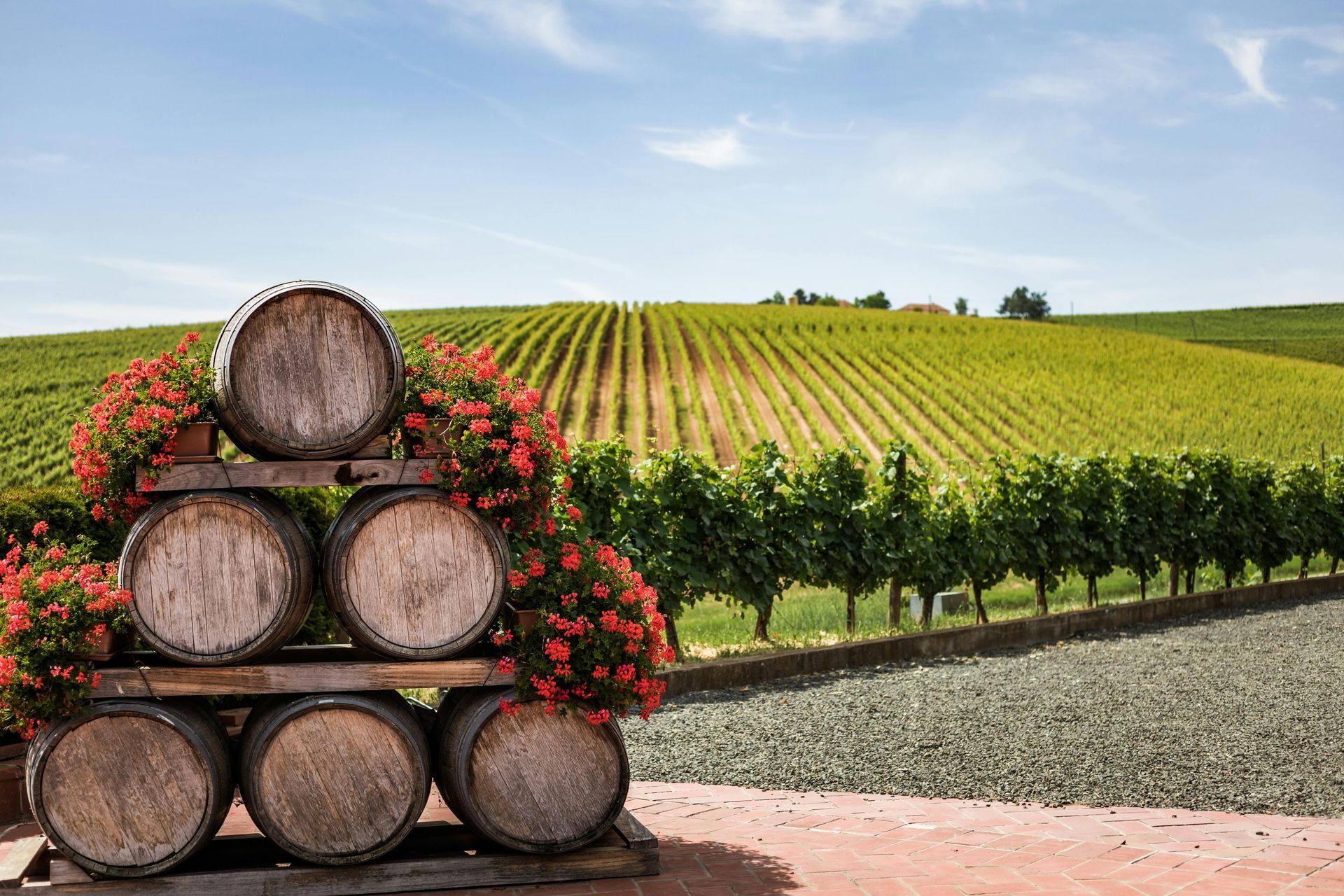From embroidered blouses to wood-fired cheese, these are not performances — they’re ways of life.
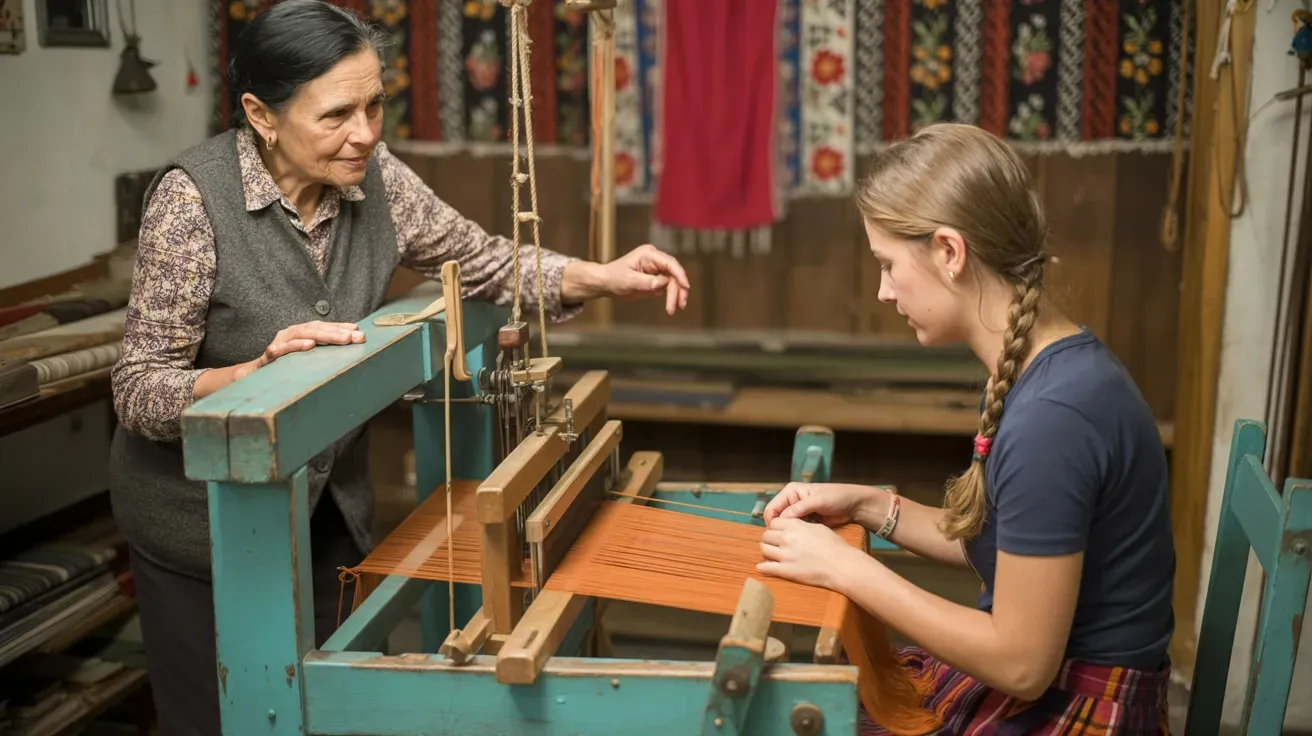
In a quiet valley at the foot of the Carpathians, a woman named Maria wakes before dawn. She lights a fire in the ceramic stove, kneads bread the way her grandmother taught her, and ties on an embroidered waist belt woven decades ago.
This isn’t a museum. It’s a Tuesday.
Rural Romania is one of the few places in Europe where tradition is still part of daily life — not staged, not diluted, not curated for visitors. When you walk into these mountain villages, you’re stepping into a living heritage.
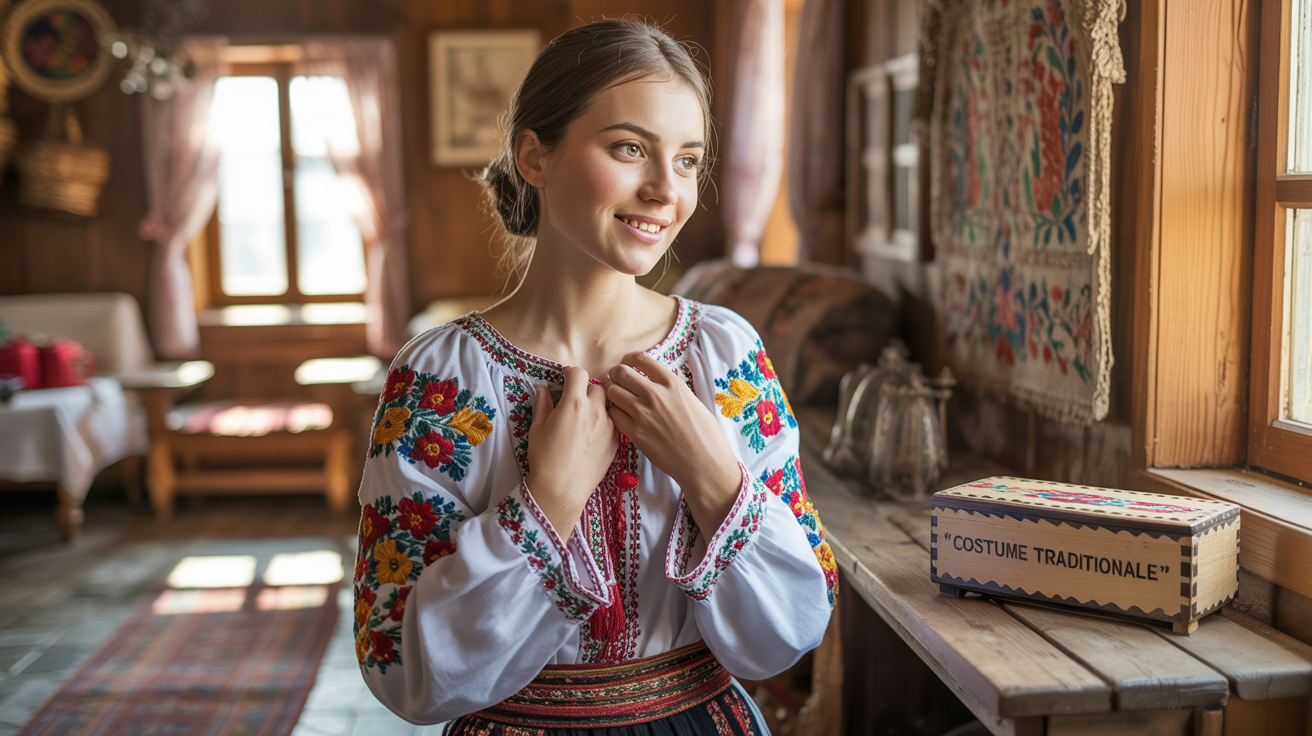
Clothing: Identity Woven Into Thread
Traditional Romanian clothing is not just for folk dances or photo ops. In many villages, people still wear these garments for religious holidays, community events — even Sunday service.
Women’s blouses (called ie) are hand-embroidered with local motifs: wheat sheaves, vines, crosses, stars. Each design tells you something about the woman who made or wears it — her region, her village, even her life story.
You may be invited to try one on. And when you do, you’ll understand: this is not about dressing up. It’s about stepping respectfully into a cultural identity that’s still very much alive.
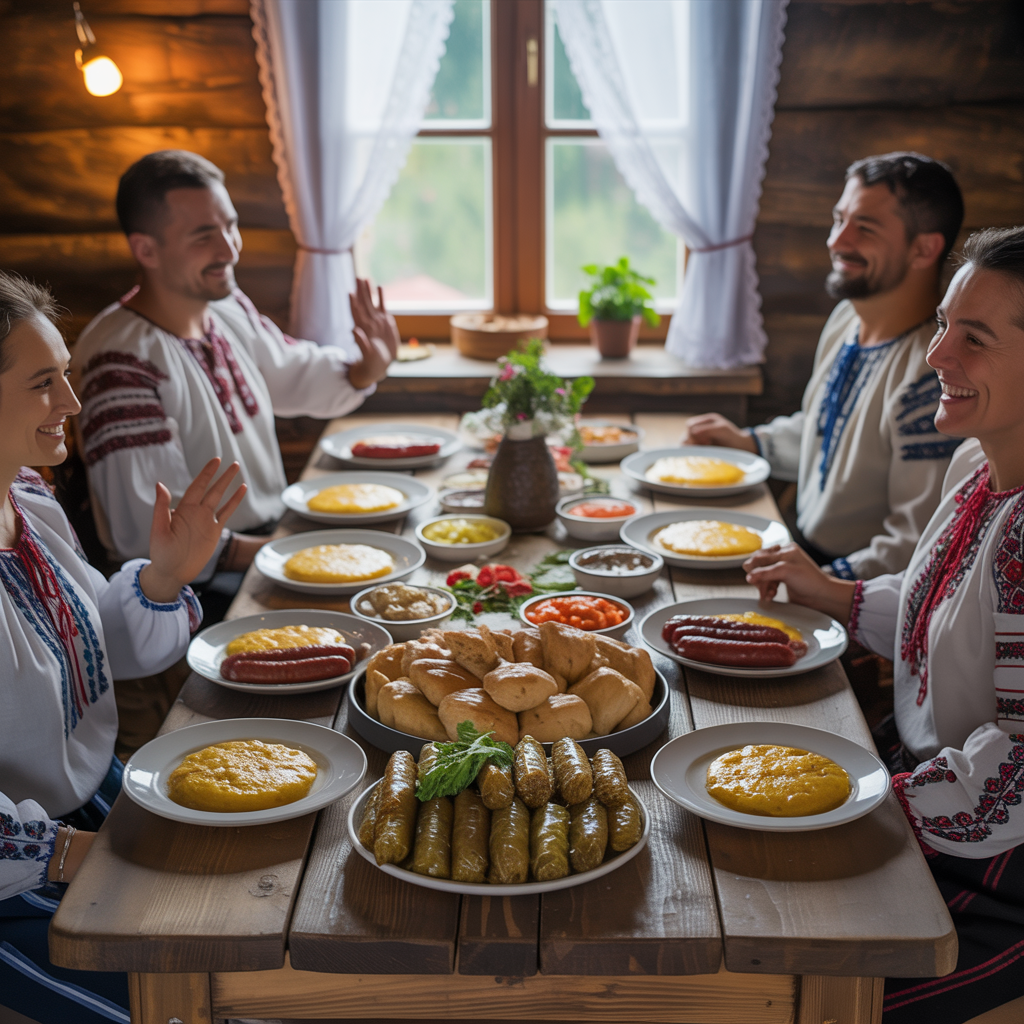
Food: Grown, Gathered, Shared
In these villages, meals are not “farm-to-table” — they’re garden-to-fire. Most rural families still grow their own vegetables, raise animals, forage mushrooms, and preserve everything with time-tested methods.
You’ll taste caș cheese still warm from the vat, jams made from wild berries, and soup cooked in cast iron over firewood. Meals are eaten slowly, often outside, and always with pride.
Here, food is not fuel — it’s a daily ritual of love.
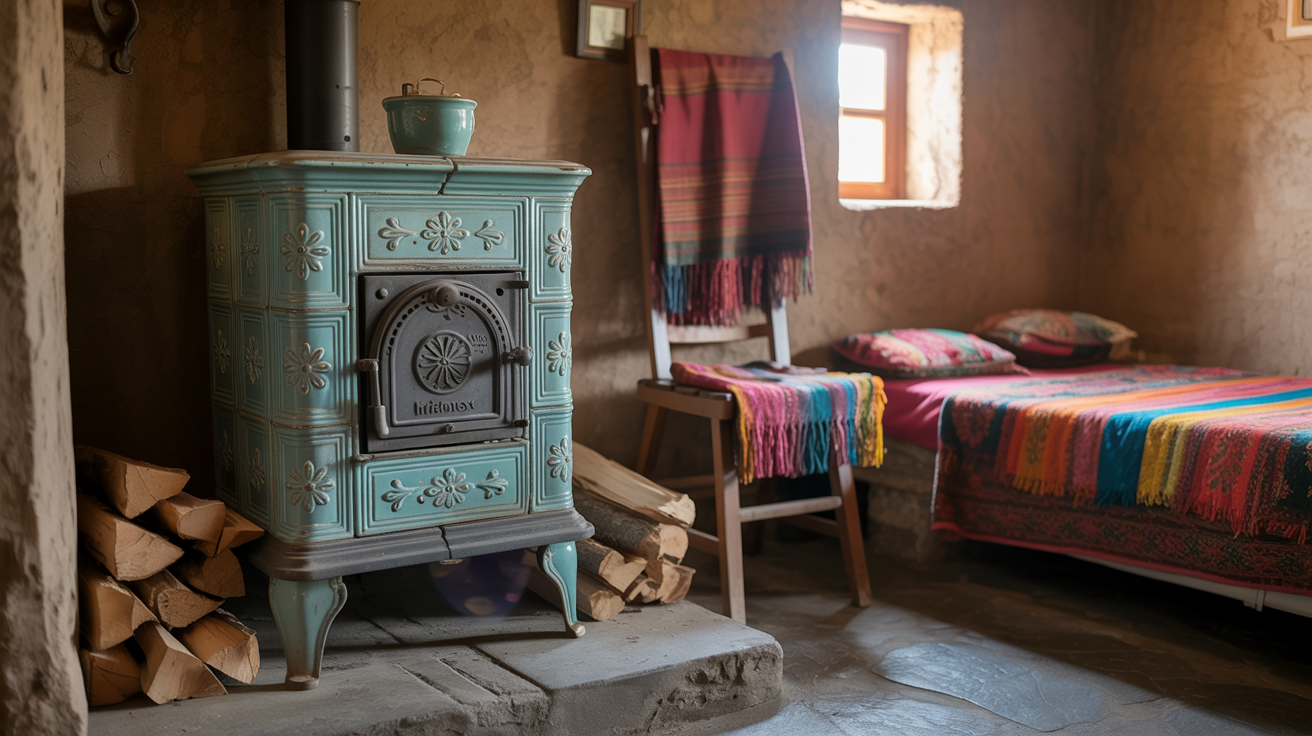
Homes with History
Your stay won’t be in a hotel. It will be in someone’s great-grandparents’ home, lovingly restored but never stripped of soul.
You’ll sleep under handwoven wool blankets. Drink your morning tea by a ceramic stove. Wake to the sound of chickens — and maybe an accordion from across the hill.
And yes, you’ll be offered
țuică (plum brandy) within 20 minutes of arrival.
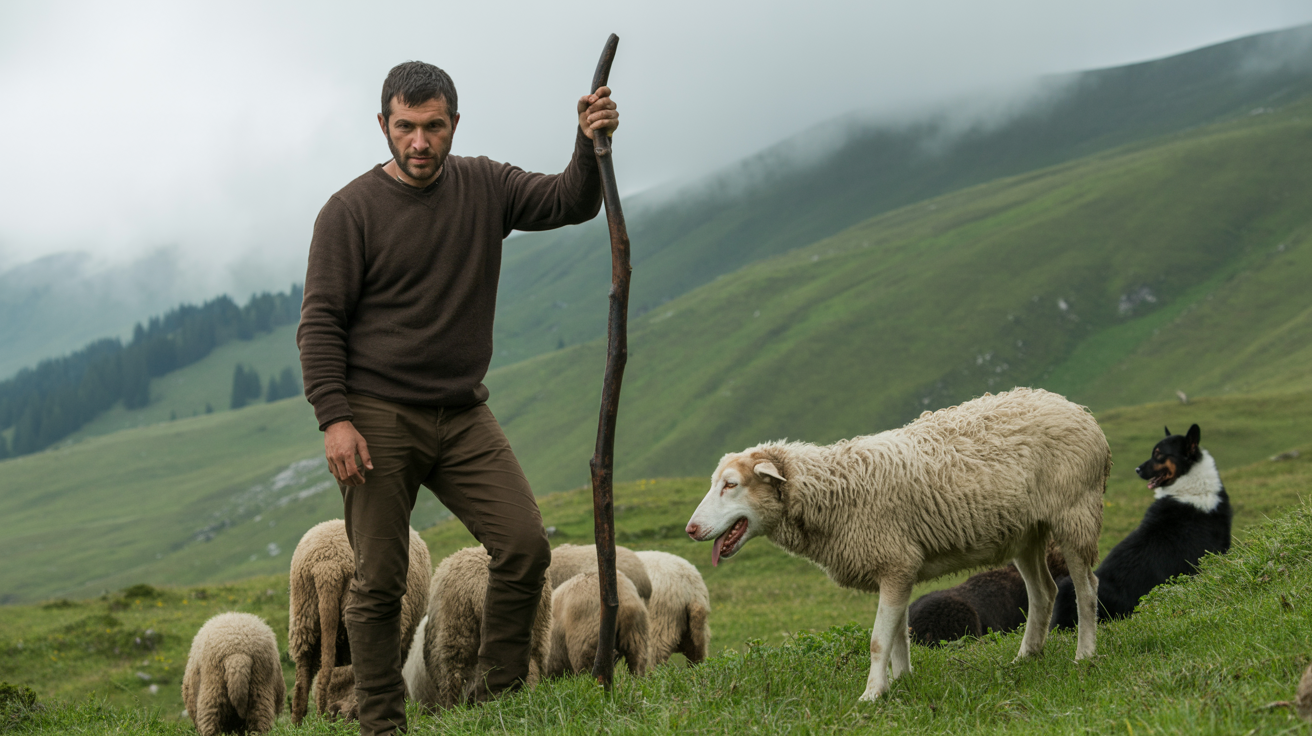
Life on the Land
Above the villages, shepherds still move with the seasons. In place like Arefu, you’ll find families making cheese as it’s been made for centuries: over a fire, in wooden vats, watched by dogs and surrounded by silence.
You may get the chance to taste it — warm, soft, smoky — while sitting on a wooden bench with the smell of pine and sheep in the air.
It’s not staged. It’s just life.
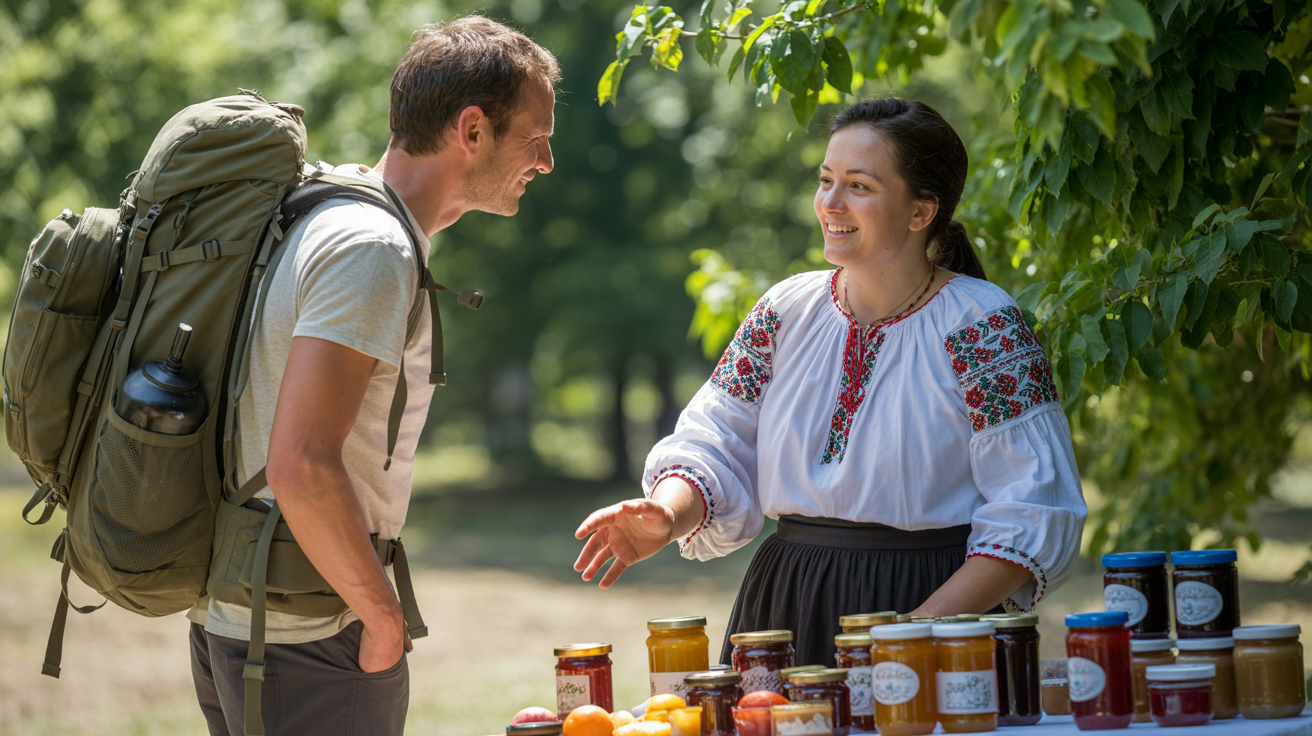
The True Luxury: Simplicity & Belonging
Hospitality in Romania is a birthright. You’re not treated as a tourist — you’re treated like a cousin visiting from abroad. You’ll be offered the best chair, the strongest coffee, and the last slice of pie.
There’s an old saying:
“Casa mea e și casa ta.”
My home is your home.
It’s not a slogan. It’s a promise.
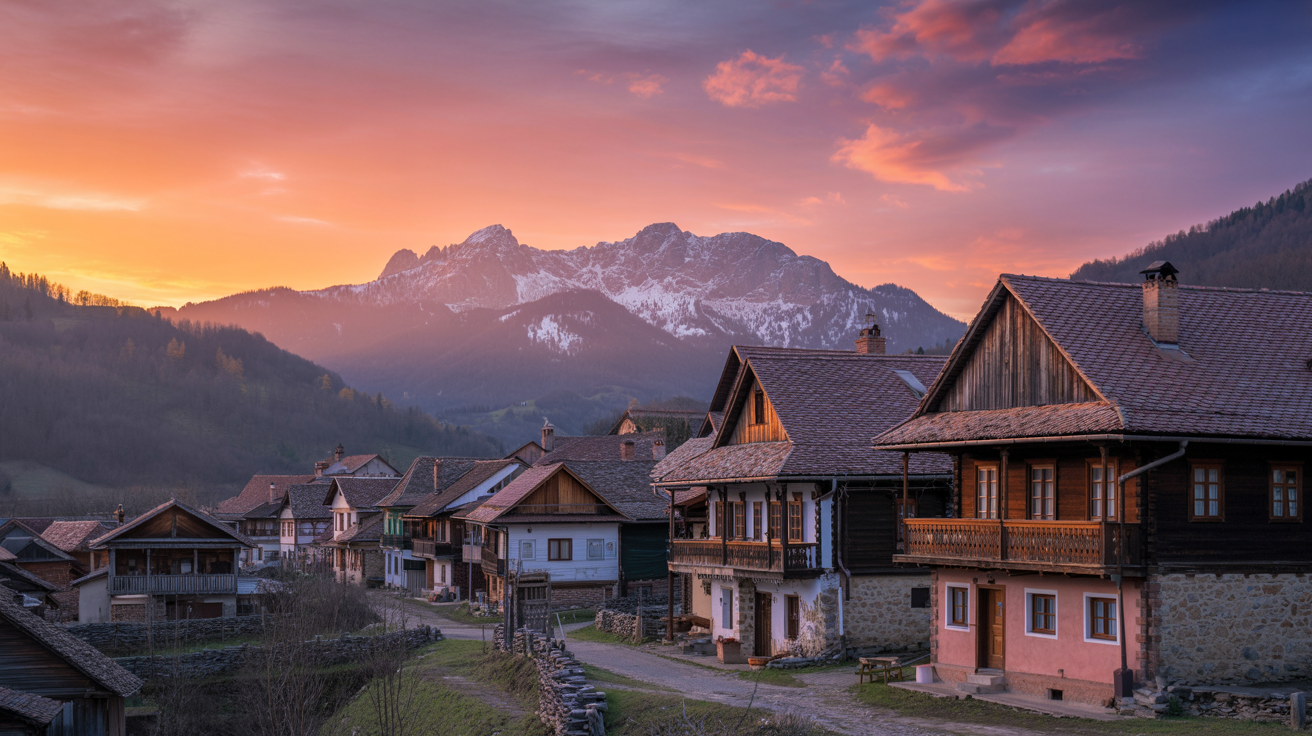
Romania’s mountain villages offer something increasingly rare: uncurated life. A place where things aren’t polished, but they are deeply real. Where the pace is slower. Where people look you in the eye when they speak.
If you’re curious what it feels like to live tradition — not just see it — you’ll find it here.
👉 Our 4-day Transfăgărășan & Mountain Life tour ends in castles and starts in homes like these. If you’d like to experience this world for yourself — even just briefly — we’d love to welcome you.
📍 https://www.hubertholidays.co.uk/explore-romanias-hidden-trails
